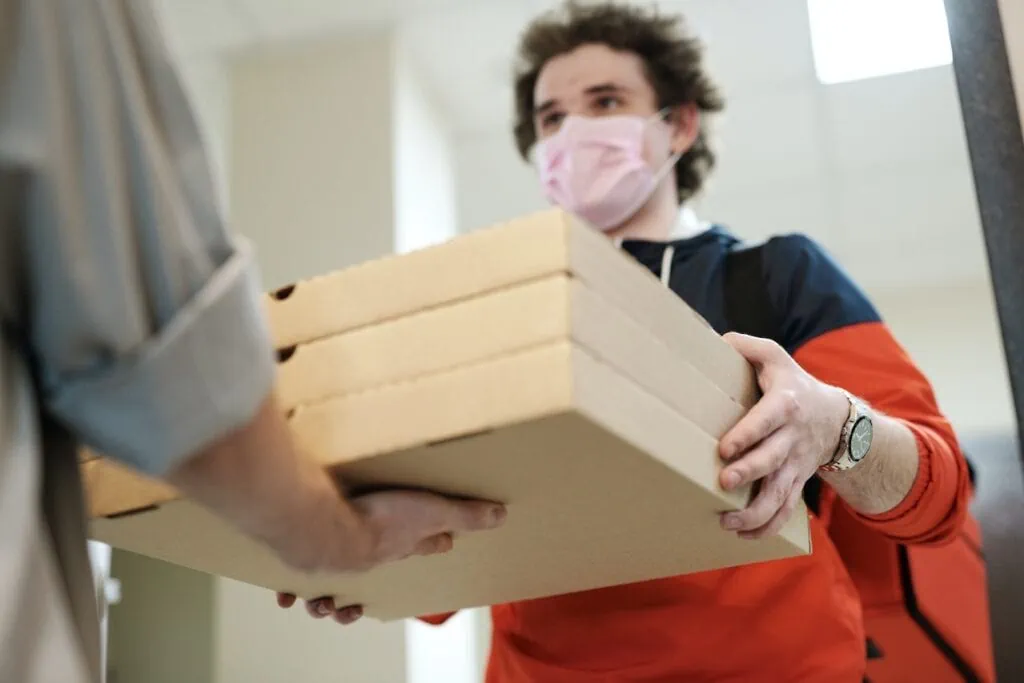
California’s Gig Economy and the Addiction Crisis
California has long been known for its impeccable beaches, interesting people, lively culture, and open-minded atmosphere. For many people, a carefree lifestyle is a goal. In recent years, especially in the early years of the pandemic, many people in the state traded more stable careers for gig work. The gig economy helped people continue to make money even as the COVID pandemic raged. Apps like Ubereats or Instacart offered a way to pay for living expenses when people had to pivot during the pandemic. At the same time, substance use exploded across the US. The two factors combined created a lot of instability in families and likely contributed to isolation and addiction.
The Gig Economy and Social Inequities
The gig economy, characterized by short-term contracts or freelance work, has grown significantly in recent years. Many people turned to gig work when their restaurants closed during the COVID shutdown or the businesses they worked for shuttered. While the gig economy offers flexibility and independence, it has several downsides, including job insecurity, low wages, and lack of benefits. One of the less-discussed consequences of the gig economy is its potential impact on addiction.
California has one of the largest gig economies in the United States. Workers rely on platforms like Uber, Lyft, and Instacart for their livelihoods. Alongside these jobs comes increased financial stress. Many gig workers in California struggle with low wages and inconsistent work, making it difficult to afford rent. As a result, they may live in precarious situations, such as in their cars or overcrowded housing arrangements. The lack of stable and affordable housing can also exacerbate other issues, such as addiction and mental health problems. Many gig workers describe using alcohol and drugs to pass the time, relax, or get to sleep.
Some people have lost their homes due to increasing rent hikes and inflation and have used their cars for home and a job. In this way, the rise of gig work has also contributed to California's homelessness crisis, which is among the most severe in the US.
Social Isolation in the Gig Economy
Working in the gig economy can be isolating, as workers often lack the typical social connections and support in traditional work environments. This isolation can lead to loneliness and depression, increasing the risk of substance abuse and addiction.
The gig economy may be a way of life, but it's not without stress or vulnerability. The unpredictable and demanding nature of gig work can cause stress and anxiety. This can put people at risk for substance use disorder. Another issue is the lack of access to healthcare and employee assistance programs that many gig workers face. Without these resources, workers may not receive the support they need to manage addiction or mental health issues. Gig workers also face financial hardship that prevents them from seeking help. They probably can't afford to take time off, making seeking treatment or attending support groups difficult.
For some gig workers, it's both a first and second job. Some people who shop for groceries will work the maximum hours for one app. Then, they turn around and work for another app. There's little time for sleep - which, for some, may make the use of stimulants tempting. Stimulant use is relatively widespread among substance users who do gig work.
For At-Risk, Gig Work Can Bring A Cycle of Struggle
For many people, the financial instability of gig work can exacerbate addiction. Many gig workers struggle to make ends meet, leading them to take on more work and potentially compromising their mental health. The high stress of financial insecurity, coupled with the accessibility of drugs and alcohol, can contribute to a cycle of substance use. This is especially true among people without stable housing.
Most gig workers don't have many other job options, at least at the moment they're doing the work. They may not be skilled labor or need less conventional work hours to care for an ailing relative, a child, or other obligations. People often choose contract work for its flexibility. However, there are no promotions, subsidized health insurance, or retirement plans for people who work as independent contractors. When an unexpected expense comes up, it can cause havoc. Many people who work as independent contractors live paycheck to paycheck.
Gig workers face unique challenges related to social isolation, lack of access to healthcare and support programs, and the physical demands of their work. As the gig economy grows, California has begun fighting back for gig workers. Recently, an appellate court held up workers' right to unionize if they work for large-scale apps like Uber.
Investing in affordable housing and providing resources for mental health and addiction treatment for gig workers is also important in helping gig workers thrive. Support, substance abuse education, and treatment should be accessible to all, just like recovery.
Getting Help For Addiction
People in every profession and from every walk of life struggle with substance use or addiction. They also find recovery! Learn more about what we offer and how we can help you start to reclaim your life. Give us a call to learn more.
Categories
Addiction Recovery





